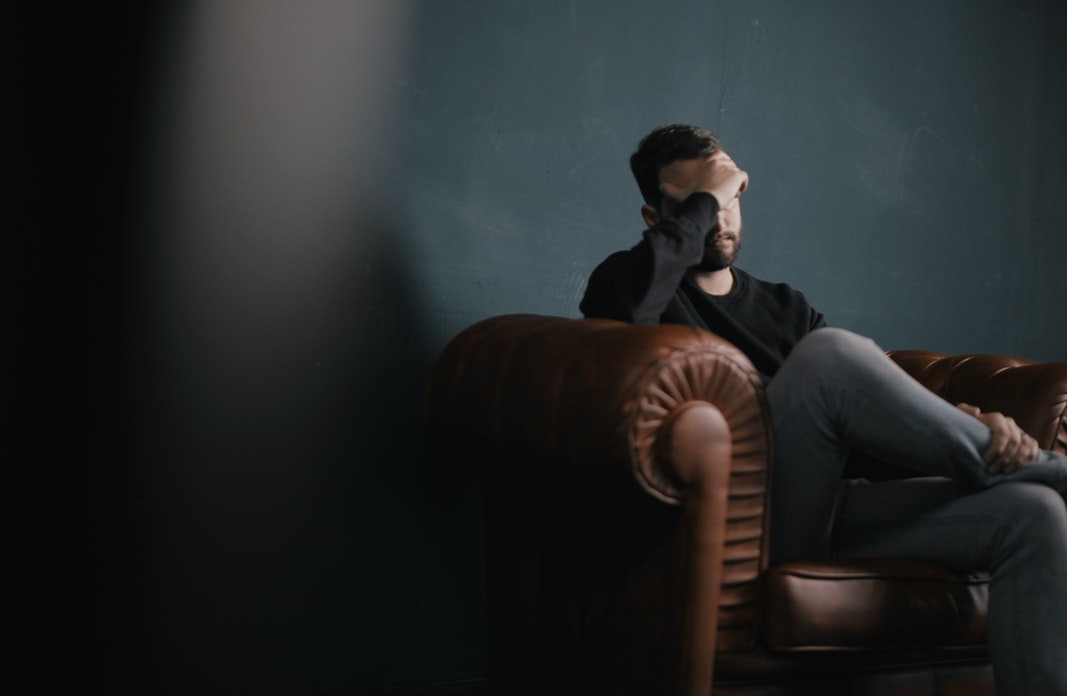Mental health issues in college student’s life is an acute issue since more than 50% of students face various mental health conditions. More than 80% of students are overwhelmed with duties that lead to mental disorders. Often children can’t realize they have health problems and are unable to ask for help. Here we will describe the symptoms of the most common mental health illnesses students may face and discuss the actions parents should take to help their children.
What Types of Mental Disorders Do Students Face?
College students are often addicted to cigarettes, alcohol, and drugs. They feel depressed or have eating disorders. The major reasons for mental disorders are stress during exams or excessive workload in college. It’s important to identify symptoms and diagnose the problem on time. Family and friends should search for help and provide assistance to students having mental disorders. By reducing workload and providing necessary treatment, you can get good results. It’s better to get your assignment help online than to find a mental health illness in you. Homework help online performed by professionals will help you save time and health. You can trust online assignment help and stay tranquil when passing exams. Below you can find the disorders students face in colleges.
1. Depression
Depressions is a commonly encountered problem in college students. Roughly 30% of college students feel difficulties to function in colleges. It happens when students struggle to adjust to a new environment or experience high level of stress due to excessive workload. You can recognize depression by the following symptoms: downcast condition, failure to concentrate, sleeping disorder, feeling guilty, fatigue, etc. Depression is treated by psychotherapy and medication. You should pay attention to this mental illness in college because it can result in even more serious mental health conditions like insanity
2. Anxiety
Another issue of mental health in college students is anxiety. Anxiety varies from generalized conditions to panic attacks. More than 40% of college students and 30% of adults faced anxiety disorders. Anxiety is characterized by fatigue, irritability, sleeping disorder, difficulty to concentrate or feeling restless. Common treatment includes conservative medication, special mental exercises, yoga practices, and meditation. To avoid anxiety, you can apply for professional writing help online in uk and get your assignment effortlessly.
3. Adjustment Disorder
The reasons for adjustment disorder are the same that students experience when having depression. Starting an independent life is challenging. Many students struggle to adjust to new life, school, job, and even city. They should make friends quick and adjust to new circumstances simultaneously. If freshmen fail to adjust, they feel difficult to function in college, socialize, have physical issues like headache or stomach pain. They tend to isolate
themselves from other people and feel depressed. All parents should track mental health in college if they have children who’re studying in colleges. Students may seek for external homework help or need help with written tasks. The treatment is psychotherapy, peer support, and group therapy.
4. Eating Disorders
Another challenge between studying in a college and mental health is an eating disorder. There are two the most common eating disorders: Bulimia and Anorexia. As a rule, eating disorders take place between 18 and 21 years. More than 20% of students experience eating disorders in colleges. The main danger of eating disturbances is high mortality rates. The symptoms include restricting calories, excessive exercise, fear of gaining weight, vomiting (for Bulimia). Treatment involves family therapy, psychotherapy, medical observation, and residential treatment.
5. Sleeping Disorders
Roughly 10% of college students experience sleeping disorders when studying in colleges. Some students study at night or have night parties. for leads to sleep disorders and poor academic performance. In addition, sleep disturbances may cause mental illness as they are interlinked. Besides, the lack of sleep increases anxiety. The most common sleep disturbances are apnoea, insomnia, and restless leg disorder. Once the symptoms of sleep disturbances are evident, children should consult professionals. Among the symptoms are failure to stay asleep, insufficient hours of sleeping, difficulty to fall asleep, disturbed breathe at night, snoring, dissatisfaction with quality of sleeping, and feeling sleepy during daylight hours. Psychotherapy and medication are the common treatment methods used in this case. Physical exercises also give good results.
In Summary
Mental disorders in students include depression states, anxiety, sleeping, and eating disturbances. This isn’t the full list of mental disorders children of college-age may have. Parents should attend to this issue and track the conditions of their children because the latter can’t help themselves once they face these challenges. Conventional medication therapy and psychotherapy are used to treat these illnesses. It’s important to reveal the illness early and take the necessary steps to treat it.







Leave a Reply